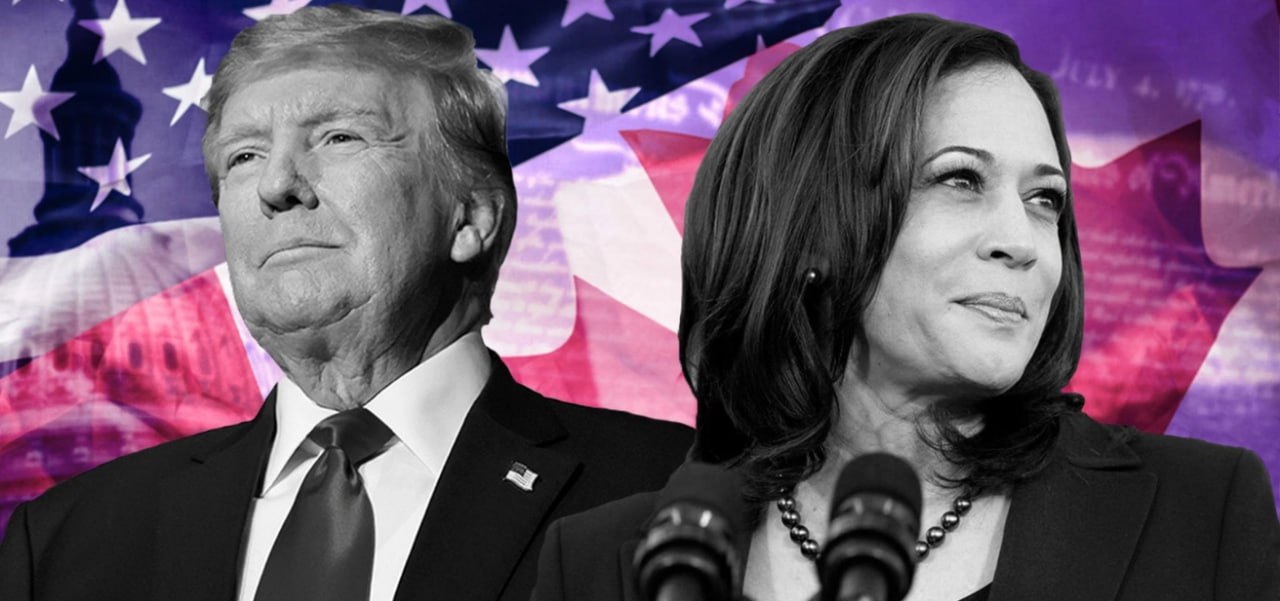
U.S. Elections Market Impact: What Does History Show?
Every four years, U.S. presidential elections become focal points not only for political and social discussions but also for economic speculation. Investors closely watch these cycles, as election outcomes can impact fiscal policies, market regulations, and even the direction of the economy itself. But what does history actually show us about the correlation between U.S. elections and market performance? Examining past data provides valuable insights into how markets have behaved in response to different election outcomes and economic policies associated with each administration.
Historical Trends in U.S. Elections and Market Performance
When analyzing the effect of U.S. elections on the stock market, one key question often arises: Do markets perform better under specific political administrations? Historical data indicates that markets tend to perform positively over the long term, regardless of the party in power. However, there are nuances based on economic policies, global conditions, and the business cycles at play during each administration.
Election-Year Volatility
Election years typically bring higher market volatility as investors grapple with uncertainty over policy changes and their potential impacts on sectors such as healthcare, energy, and technology. This volatility often peaks in the months leading up to the election, as polls and debates fuel speculation. Historical data indicates that:
S&P 500 Volatility: In the last six months before an election, the S&P 500 often shows increased price swings. Investors position themselves based on expectations of which policies might come into effect if a particular candidate wins.
Sector-Specific Reactions: Sectors that are more regulated, like healthcare or energy, often experience sharper swings as policies could have significant impacts on their operations and profitability.
Post-Election Market Behavior: Democratic vs. Republican Administrations
Analyzing the post-election market behavior under both Democratic and Republican administrations shows intriguing patterns. While it’s commonly assumed that Republican policies are more “pro-business,” leading to market growth, this doesn’t always hold true.
Democratic Administrations: Historically, the markets have performed surprisingly well under Democratic presidents, partially due to fiscal stimulus policies that can boost short-term growth. For example, markets surged under the administrations of Franklin D. Roosevelt, Bill Clinton, and Barack Obama, all of whom took office during or immediately following economic downturns.
Republican Administrations: Republican presidents are often associated with tax cuts and deregulation, policies generally welcomed by the markets. The Ronald Reagan and Donald Trump administrations, for instance, witnessed significant market growth, driven by tax reform and reduced regulatory barriers. However, broader economic conditions—such as interest rates and global trade dynamics—also played essential roles.
Understanding Investor Sentiment and Economic Policy Impact
Investor sentiment plays a significant role in market behavior during election years. When markets anticipate policies favoring growth, like infrastructure investment or tax cuts, they tend to react positively, even if the actual impact is delayed. However, when potential policies threaten profits—such as increased corporate tax rates or stringent regulations—markets may become volatile as investors reassess valuations.
Conclusion: The Election Cycle is Just One Factor
Although U.S. elections have a clear impact on market volatility and sector performance, they are just one piece of a larger economic puzzle. Global trade, central bank policies, and unforeseen crises often play equal or even greater roles in shaping market trends. History shows that while the market may react to the news of an election outcome, over the long term, strong economic fundamentals and consistent policy approaches are more influential.
Share
Hot topics

The best indicator for short term trading
When it comes to short-term trading, everything happens quickly. Movement can take place over a matter of minutes; momentum can build and fade quickly; and traders often have to make...
Read more




Submit comment
Your email address will not be published. Required fields are marked *